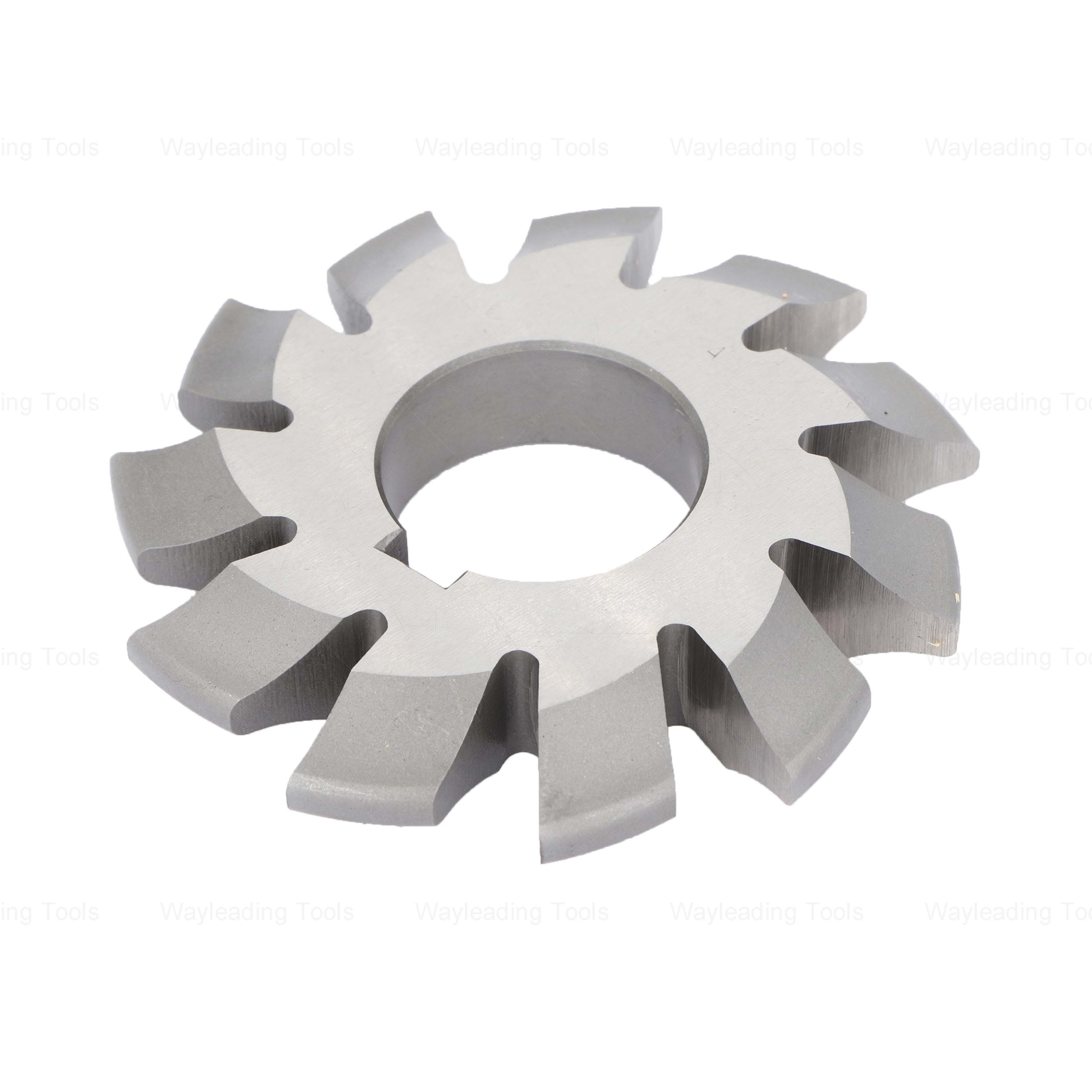Wholesale thread ring gauge
A wholesale thread ring gauge is a precision instrument used to check the external thread of a component for accuracy and compliance with specified standards. It's essential for quality control in manufacturing, ensuring that threaded parts fit together correctly. This article provides a comprehensive overview of wholesale thread ring gauges, including their types, uses, selection criteria, and maintenance, to help you choose the right gauges for your needs.
What is a Thread Ring Gauge?
A thread ring gauge is a hardened steel ring with precisely machined internal threads. It's designed to check the external threads of screws, bolts, and other threaded components. The gauge either 'Go' or 'No-Go' (or sometimes both in a combination gauge) depending on whether the threaded part is within the specified tolerance.
Types of Thread Ring Gauges
There are primarily two types of thread ring gauges, each serving a specific purpose:
- Go Ring Gauge: This gauge is designed to screw easily onto the threaded part. If the Go gauge does not screw on fully, the thread is undersized or has other defects.
- No-Go Ring Gauge: This gauge is designed to only engage a few threads onto the threaded part. If the No-Go gauge screws on more than a few turns, the thread is oversized.
Materials and Standards
Thread ring gauges are typically made from hardened tool steel to ensure durability and accuracy. They are manufactured according to various international standards, including:
- ANSI/ASME: American National Standards Institute/American Society of Mechanical Engineers
- ISO: International Organization for Standardization
- BS: British Standards
- DIN: Deutsches Institut für Normung (German Institute for Standardization)
Applications of Wholesale Thread Ring Gauges
Wholesale thread ring gauges are used across various industries where threaded components are prevalent:
- Automotive: Ensuring the correct fit of bolts, screws, and other threaded parts in vehicles.
- Aerospace: Verifying the integrity of threaded fasteners in aircraft construction.
- Manufacturing: Quality control of threaded components used in machinery and equipment.
- Oil & Gas: Ensuring the secure connection of pipes and fittings in pipelines and drilling equipment.
- Electronics: Checking the threads of screws and fasteners used in electronic devices.
Selecting the Right Wholesale Thread Ring Gauge
Choosing the correct wholesale thread ring gauge involves considering several factors:
- Thread Type: Identify the type of thread being checked (e.g., metric, unified, NPT).
- Thread Size: Determine the diameter and pitch of the thread.
- Tolerance Grade: Select the appropriate tolerance grade based on the application requirements. Finer tolerances require higher grade gauges.
- Standard Compliance: Ensure the gauge complies with the relevant industry standards (e.g., ANSI/ASME, ISO).
- Material: Select a gauge made from high-quality hardened steel for durability.
Example: Selecting a Metric Thread Ring Gauge
For instance, if you need to check a metric thread with a diameter of 10mm and a pitch of 1.5mm, you would select a thread ring gauge labeled 'M10x1.5.' The tolerance grade would depend on the specific requirements of the application.
Using a Thread Ring Gauge
Using a thread ring gauge is a straightforward process:
- Clean the Threads: Ensure the threads of both the gauge and the component are clean and free of debris.
- Apply Light Oil: Lightly lubricate the threads to reduce friction.
- Go Gauge Test: Attempt to screw the Go gauge onto the threaded part by hand. It should screw on smoothly without excessive force.
- No-Go Gauge Test: Attempt to screw the No-Go gauge onto the threaded part. It should only engage a few threads.
- Interpretation: If the Go gauge screws on easily and the No-Go gauge does not screw on more than a few turns, the thread is within tolerance.
Maintaining Your Thread Ring Gauges
Proper maintenance is crucial for extending the life and accuracy of your thread ring gauges:
- Cleaning: Clean gauges regularly with a soft cloth and a mild solvent.
- Storage: Store gauges in a dry, protected environment to prevent corrosion.
- Calibration: Calibrate gauges periodically to ensure accuracy. The frequency of calibration depends on usage and industry standards. Consider contacting Wayleading Tools for reliable gauge calibration services.
- Handling: Avoid dropping or mishandling gauges, as this can damage the threads and affect accuracy.
Benefits of Using Thread Ring Gauges
Employing thread ring gauges in your quality control process offers several advantages:
- Accuracy: Provides precise verification of thread dimensions.
- Efficiency: Allows for quick and easy inspection of threaded components.
- Consistency: Ensures that all threaded parts meet the required specifications.
- Cost Savings: Reduces the risk of assembling incompatible parts, leading to cost savings and improved product quality.
Where to Buy Wholesale Thread Ring Gauges
You can purchase wholesale thread ring gauges from various suppliers, including:
- Industrial Tool Suppliers: Companies specializing in supplying tools and equipment for manufacturing and engineering.
- Gauge Manufacturers: Companies that produce and distribute gauges directly. Consider suppliers like Wayleading Tools, offering a wide range of high-quality gauges.
- Online Retailers: Online marketplaces that offer a selection of gauges from various brands.
When choosing a supplier, consider factors such as price, quality, reputation, and customer service.
Cost Considerations
The cost of wholesale thread ring gauges can vary depending on several factors:
- Size and Type: Larger and more complex gauges tend to be more expensive.
- Material: Gauges made from high-quality materials are typically more costly.
- Brand: Well-known brands may charge a premium for their products.
- Quantity: Purchasing in bulk may result in lower per-unit costs.
It's essential to balance cost with quality to ensure you are getting the best value for your investment.
Troubleshooting Common Issues
Here are some common issues you may encounter when using thread ring gauges and how to resolve them:
- Gauge Won't Screw On: Ensure the threads are clean and free of debris. Check that you are using the correct size and type of gauge.
- Gauge Feels Tight: Apply light oil to the threads to reduce friction. If the gauge still feels tight, the thread may be damaged or out of tolerance.
- Inconsistent Readings: Clean the gauge and the component threads thoroughly. Recalibrate the gauge if necessary.
Thread Ring Gauge Standards Comparison
Here's a comparison of some common thread standards:
| Standard | Description | Common Uses |
|---|---|---|
| ANSI/ASME B1.1 | Unified Inch Screw Threads (UN/UNR) | General engineering, automotive, aerospace |
| ISO 68-1 | ISO general purpose metric screw threads - Basic profile | General engineering, manufacturing |
| BS 84 | Parallel screw threads of Whitworth form | Older British designs, some plumbing applications |
| DIN 13 | Metric screw threads - Part 1: Nominal sizes for ISO metric screw threads | German engineering, machine building |
Conclusion
Wholesale thread ring gauges are indispensable tools for ensuring the quality and compatibility of threaded components. By understanding their types, uses, selection criteria, and maintenance, you can choose the right gauges for your specific needs and maintain their accuracy over time. Whether you're in the automotive, aerospace, or manufacturing industry, investing in high-quality thread ring gauges is essential for maintaining product quality and reducing costs. For reliable and accurate gauging solutions, consider exploring the offerings at Wayleading Tools.
Disclaimer: This article provides general information about thread ring gauges and should not be considered a substitute for professional advice. Always consult with a qualified engineer or metrologist for specific applications and requirements.
Related products
Related products
Best selling products
Best selling products-
 Round Die Wrench For Thread Cutting Tools
Round Die Wrench For Thread Cutting Tools -
 Deburring Tool Blades Using For Deburring
Deburring Tool Blades Using For Deburring -
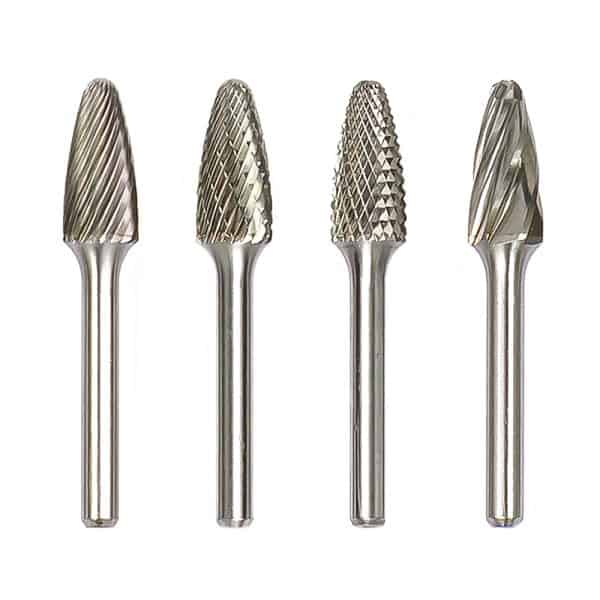 Type F Ball Nose Tree Tungsten Carbide Rotary Burr
Type F Ball Nose Tree Tungsten Carbide Rotary Burr -
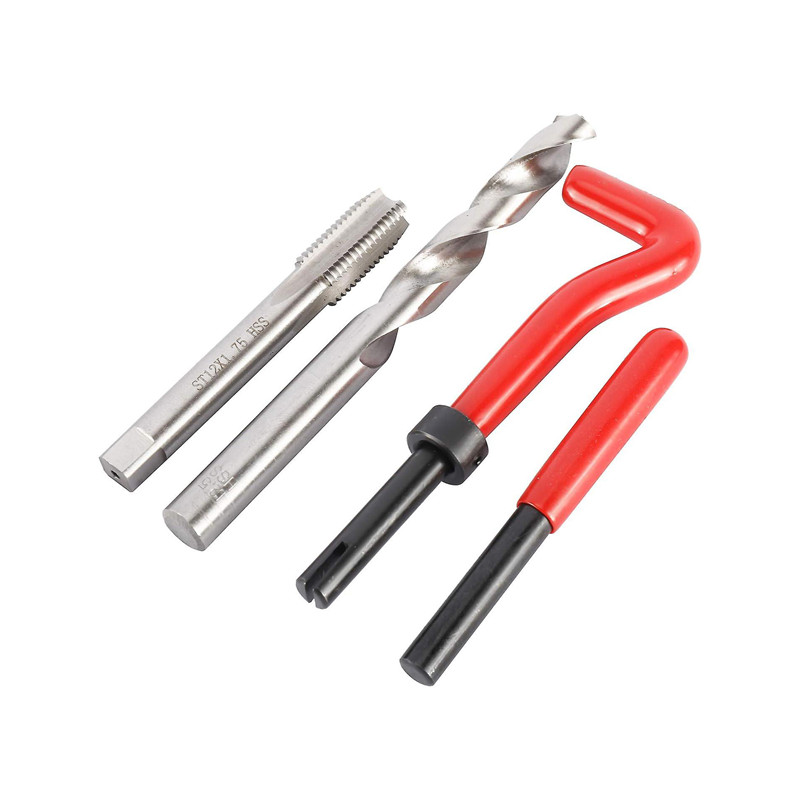 131PCS Thread Repair Set And Helicoil Type Thread Repair Set
131PCS Thread Repair Set And Helicoil Type Thread Repair Set -
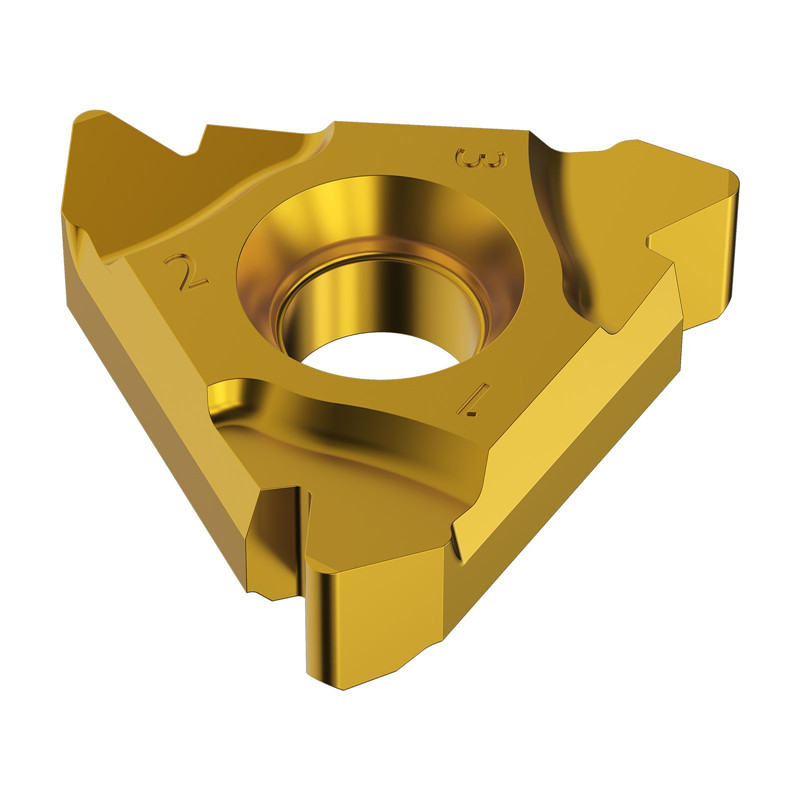 Partial profile 60° Threading Insert With ER & IR Type
Partial profile 60° Threading Insert With ER & IR Type -
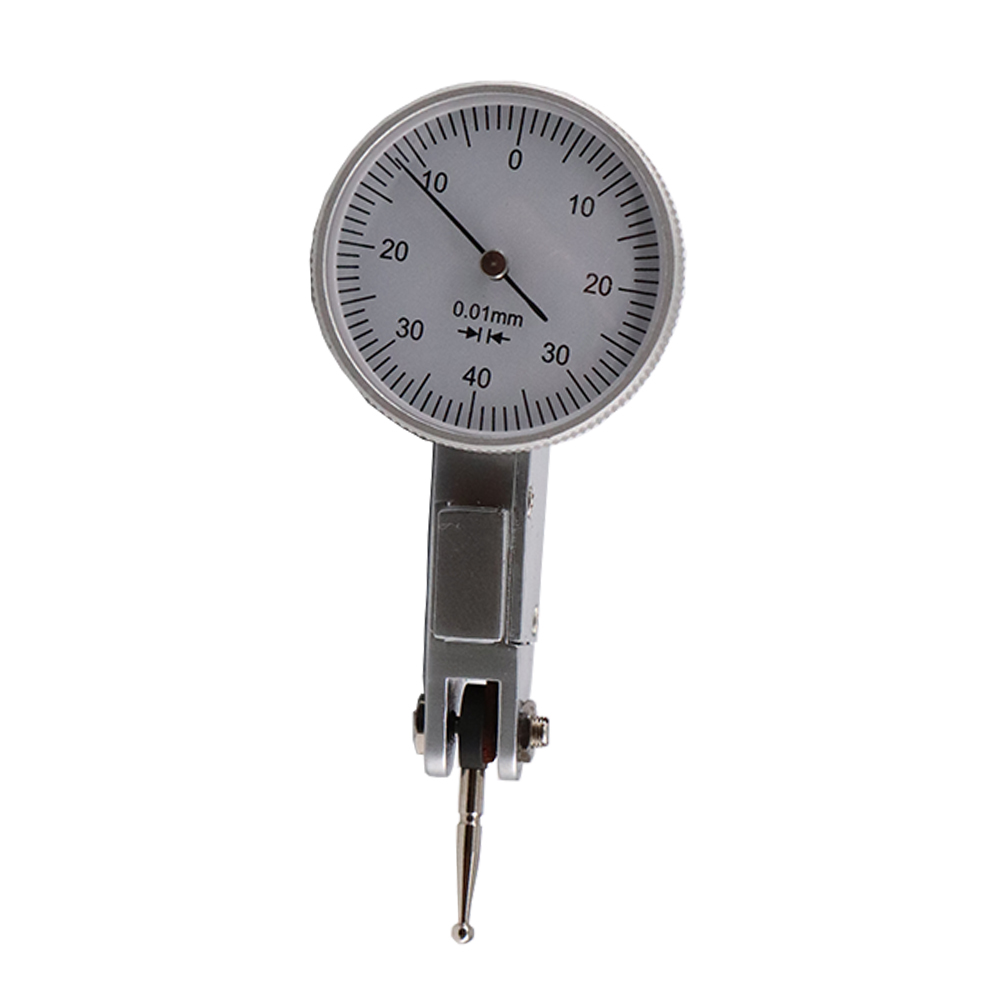 Precision Dial Test Indicator Gage For Industrial
Precision Dial Test Indicator Gage For Industrial -
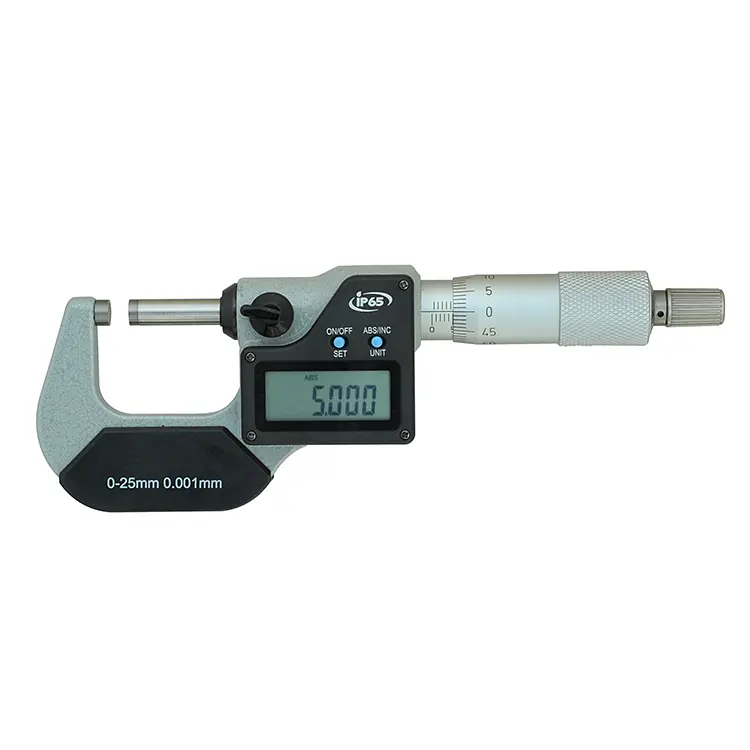 Precision IP65 Digital Outside Micrometer Of Inch & Metric With Data Output
Precision IP65 Digital Outside Micrometer Of Inch & Metric With Data Output -
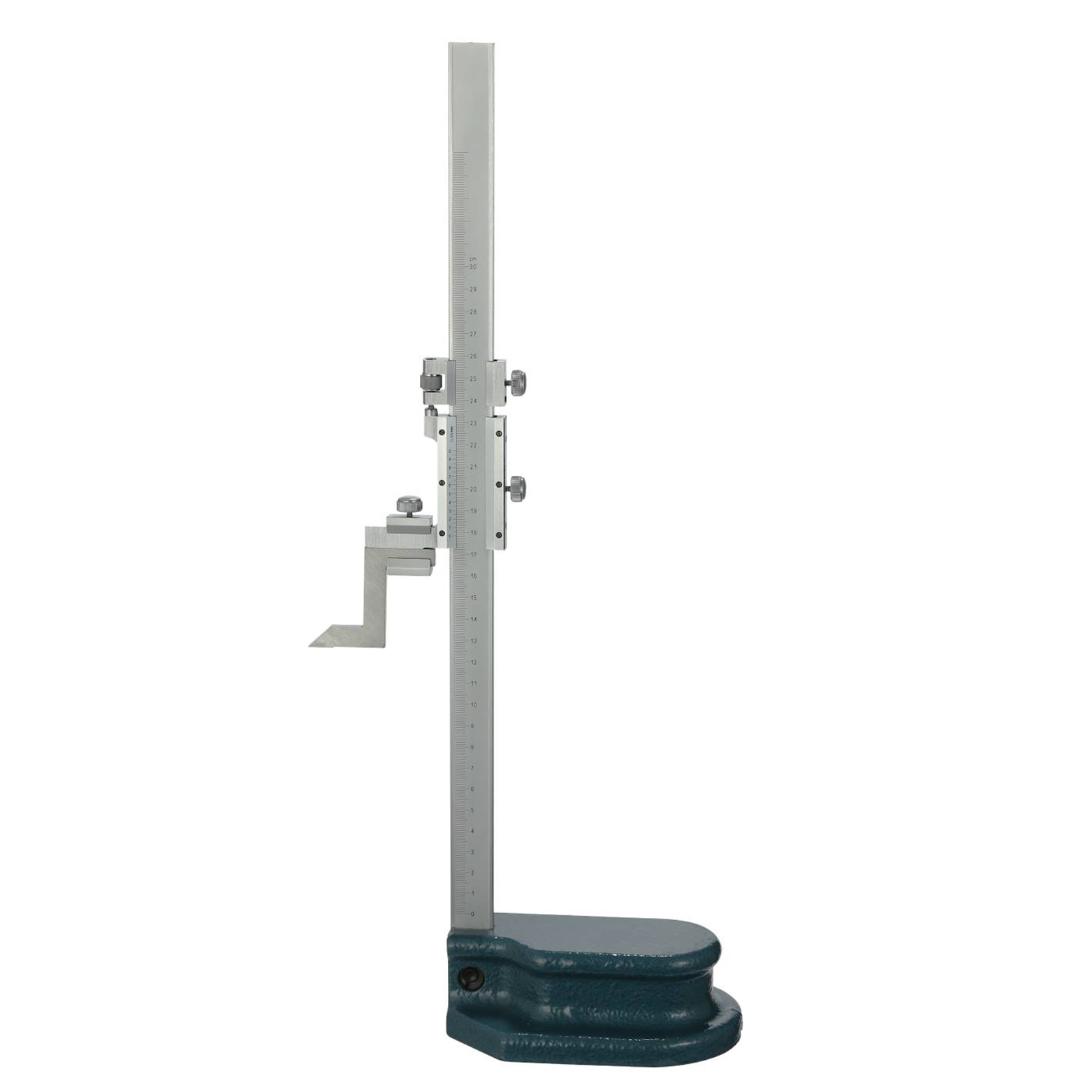 Vernier Height Gauge For Industrial
Vernier Height Gauge For Industrial -
 Dead Center For Morse Taper Shank
Dead Center For Morse Taper Shank -
 25PCS DIN338 HSS Twist Drill Bit Set From 1-13mm
25PCS DIN338 HSS Twist Drill Bit Set From 1-13mm -
 Precision V Block And Clamps Set With Industry Type
Precision V Block And Clamps Set With Industry Type -
 HSS Metric Square Tool Bit With Industrial Type
HSS Metric Square Tool Bit With Industrial Type




